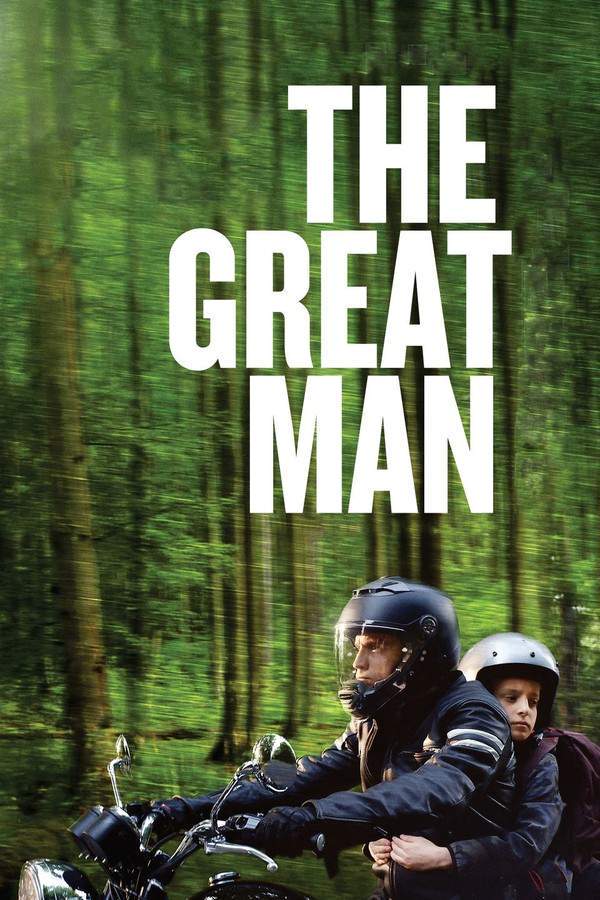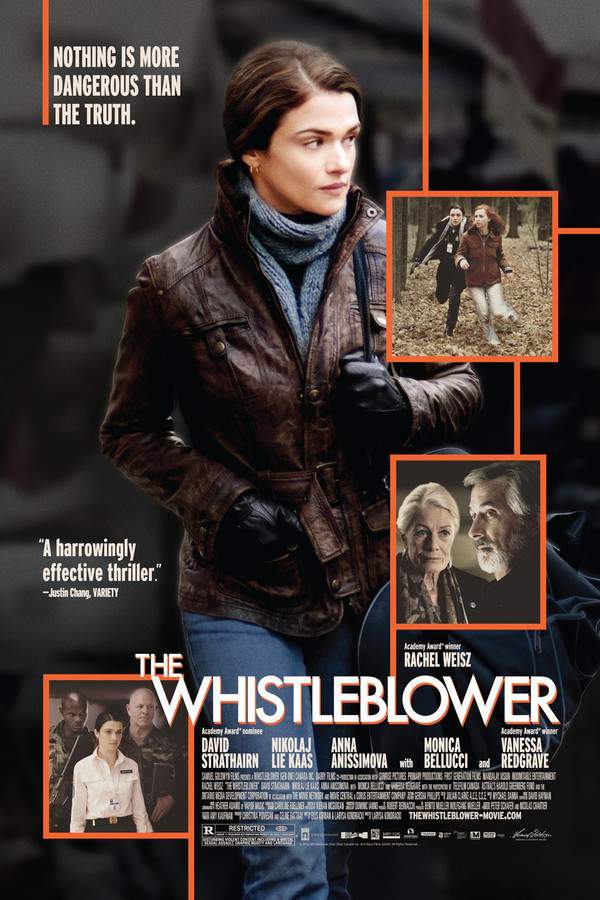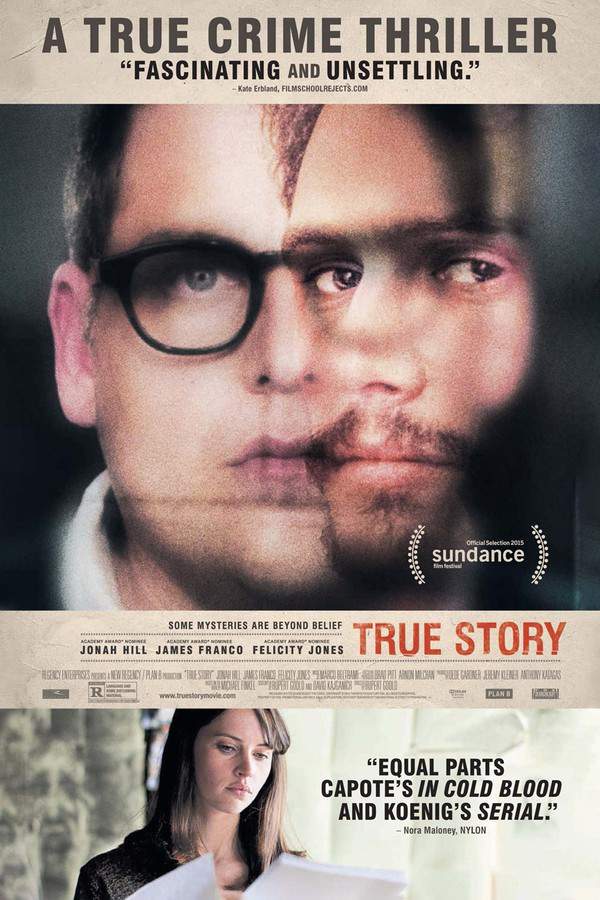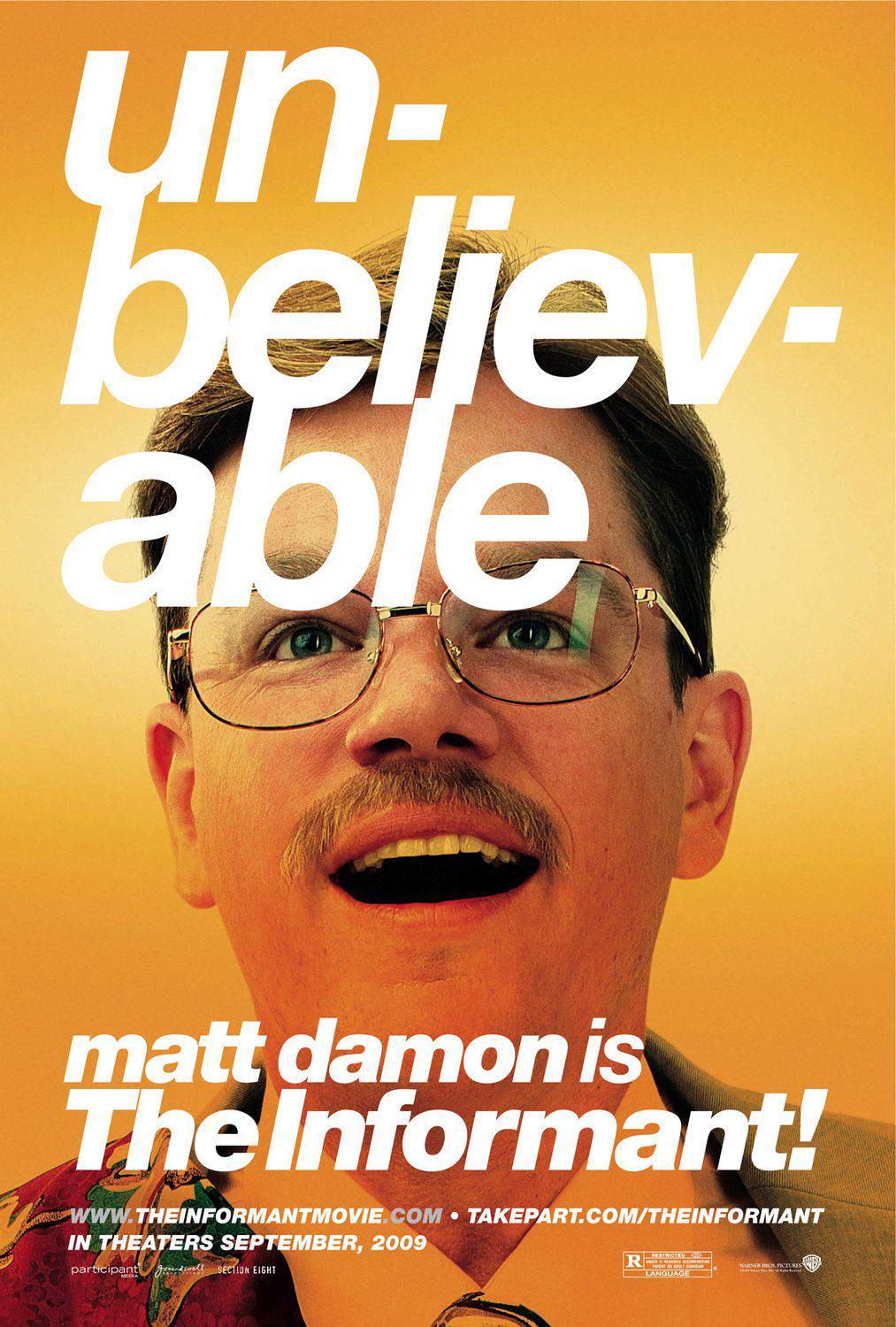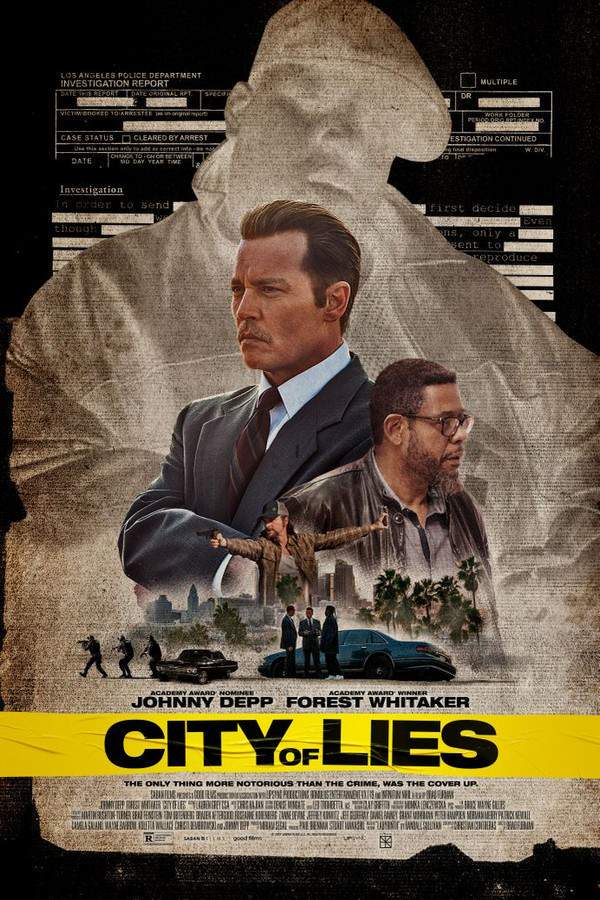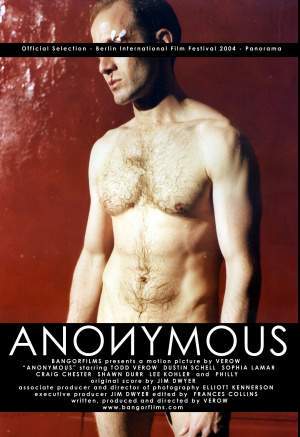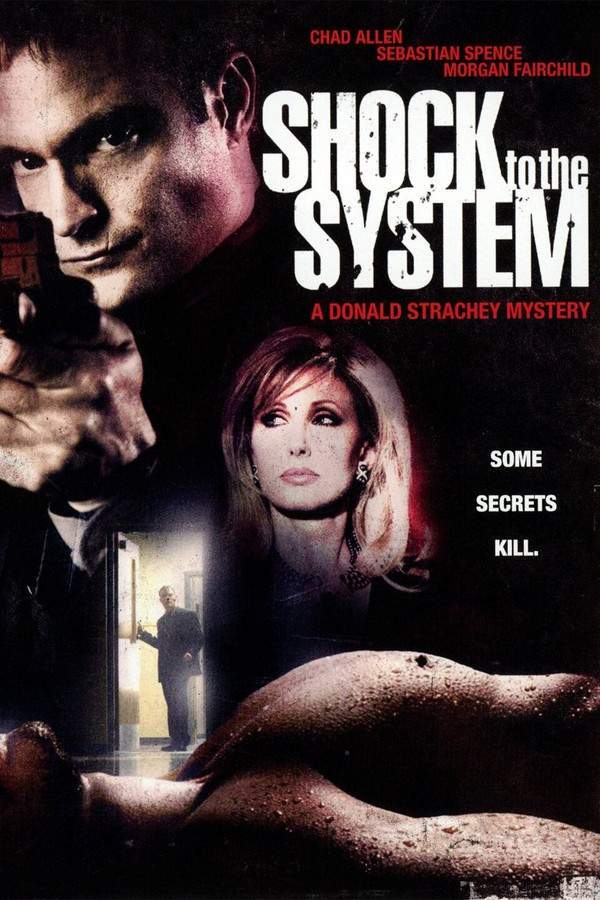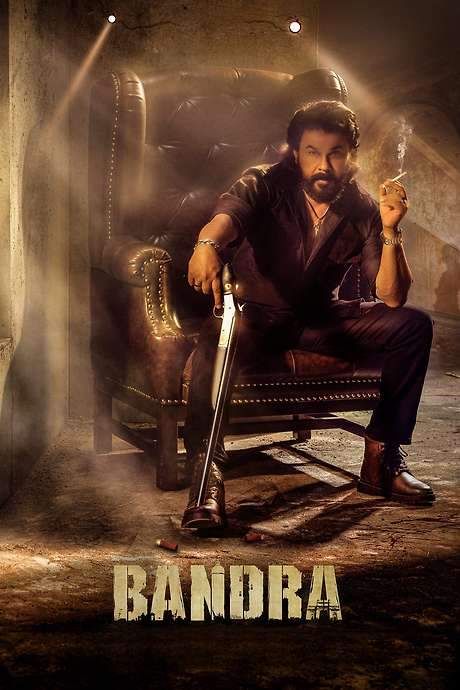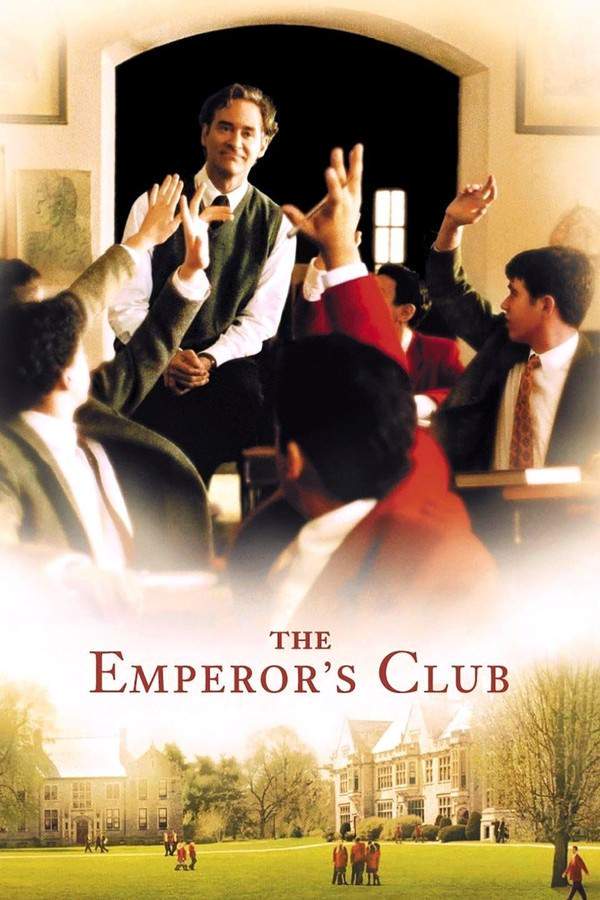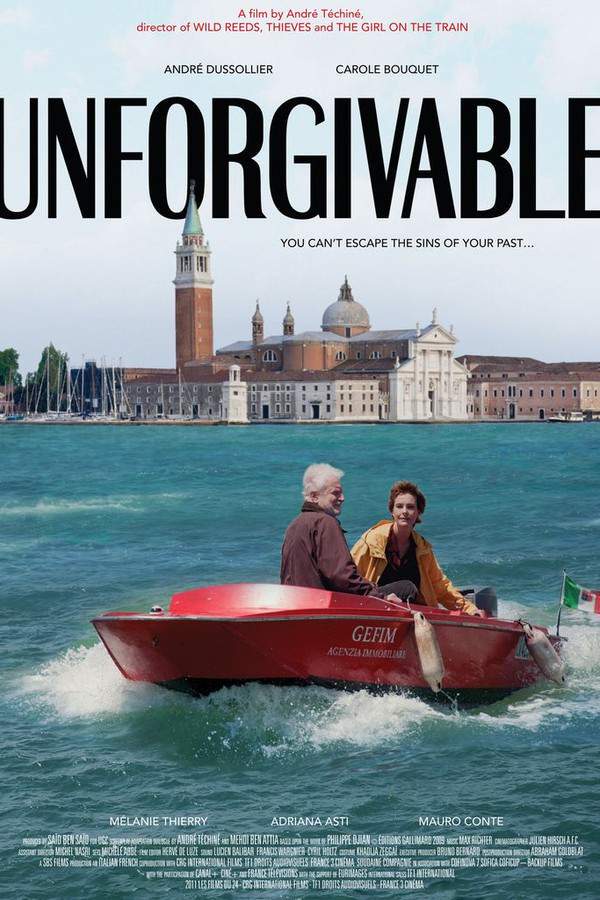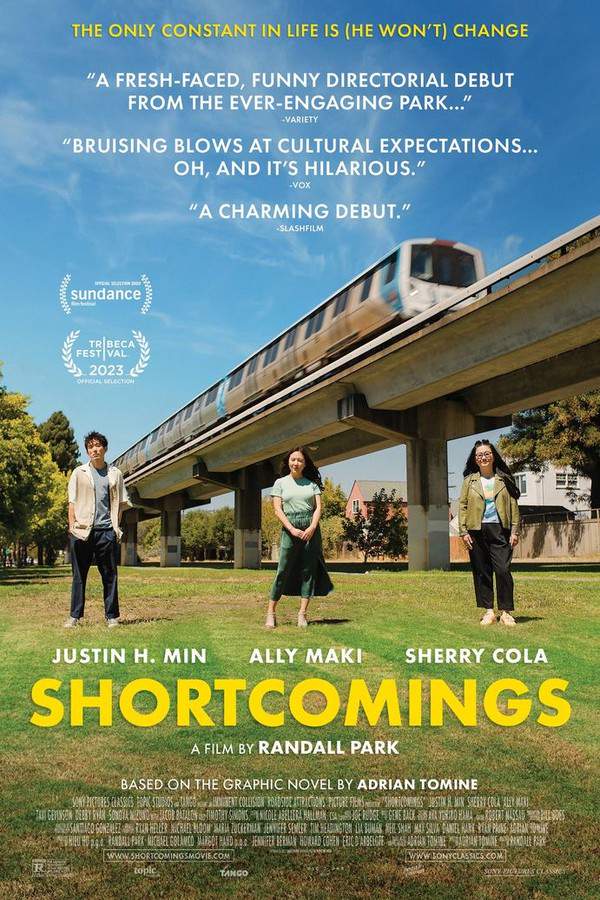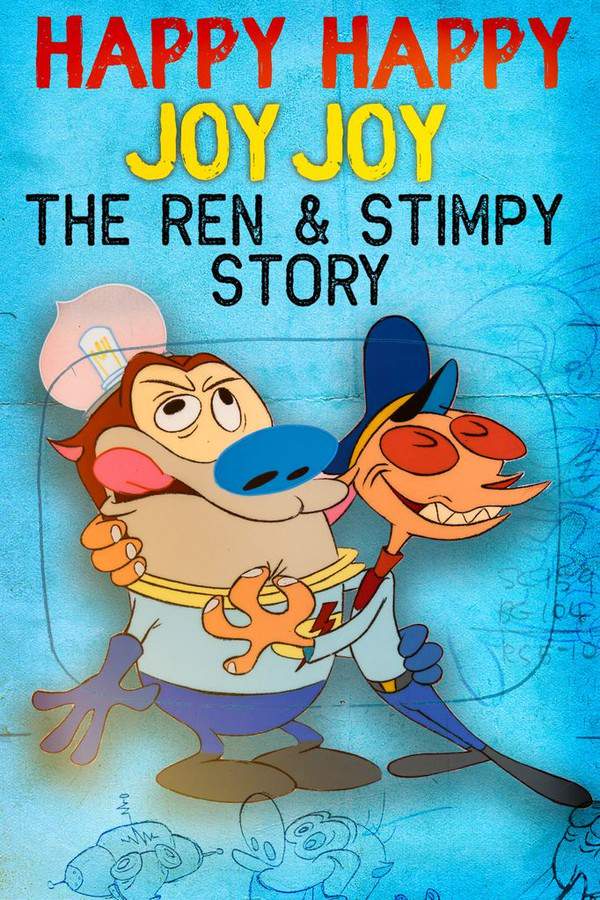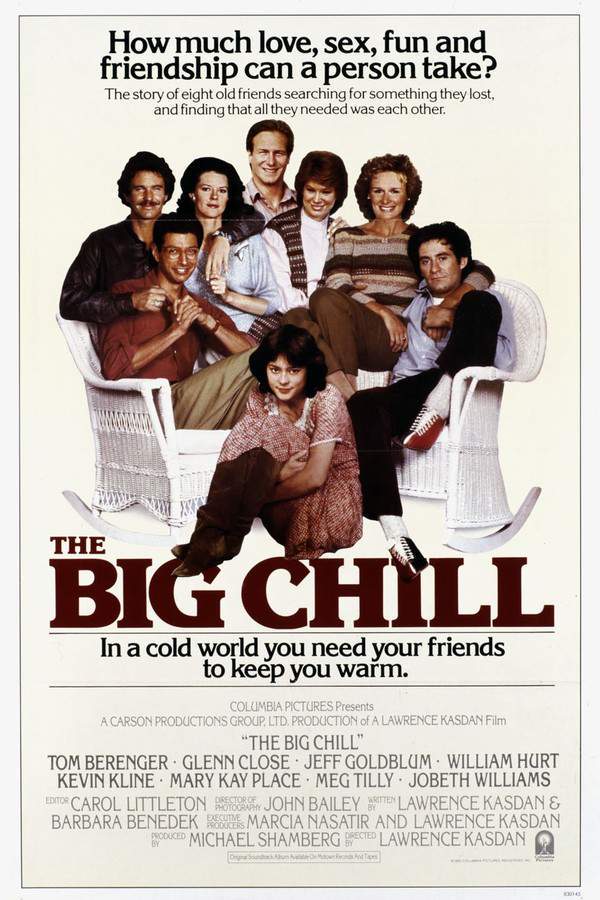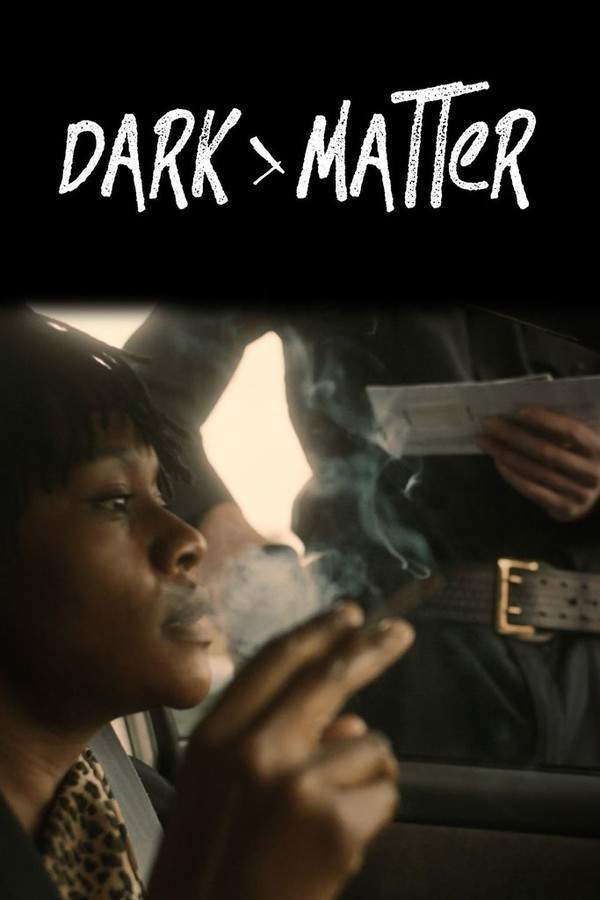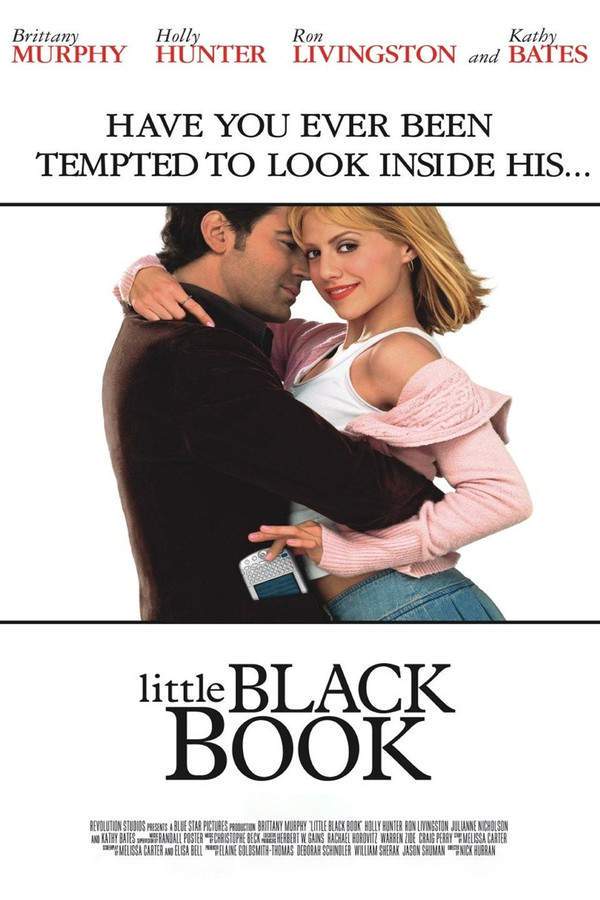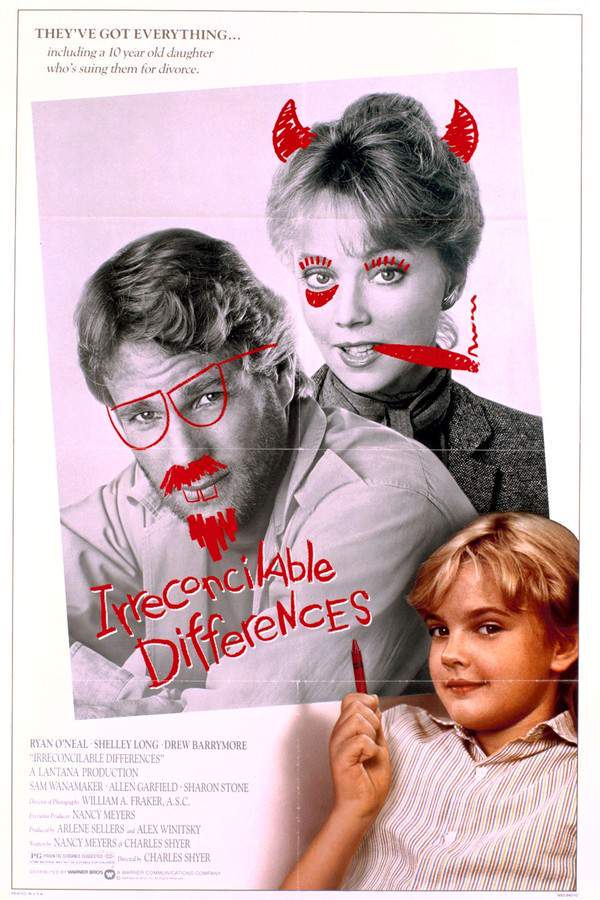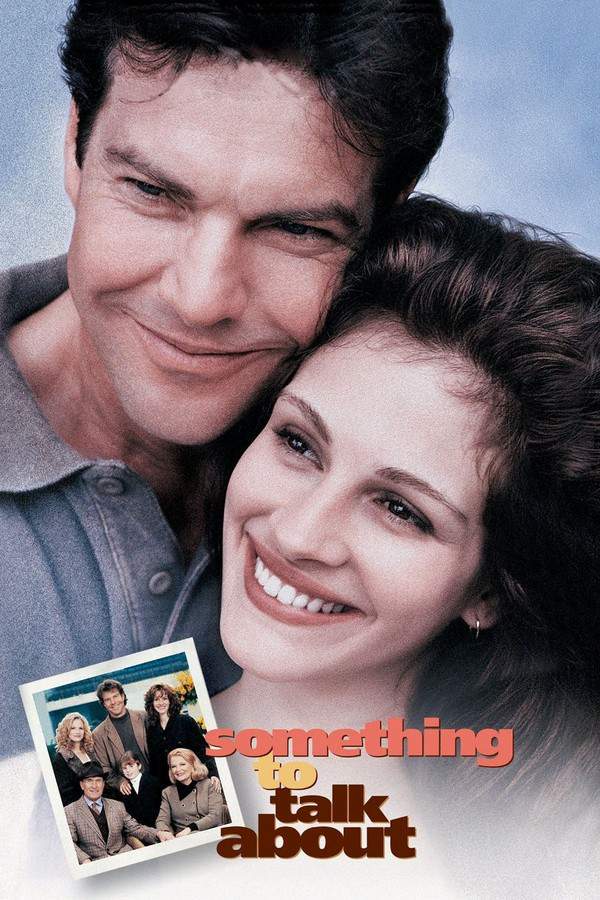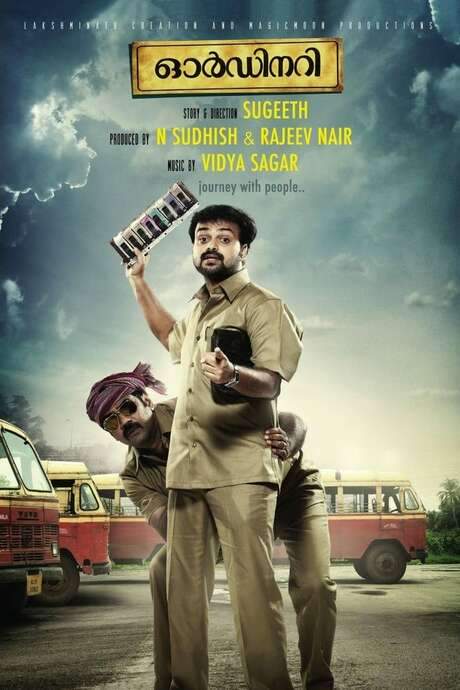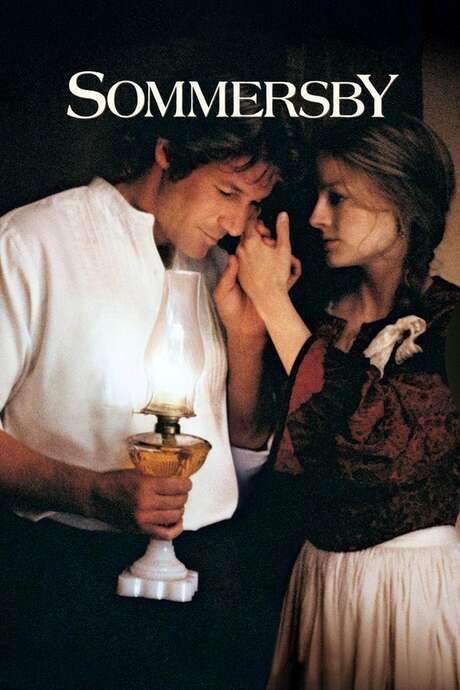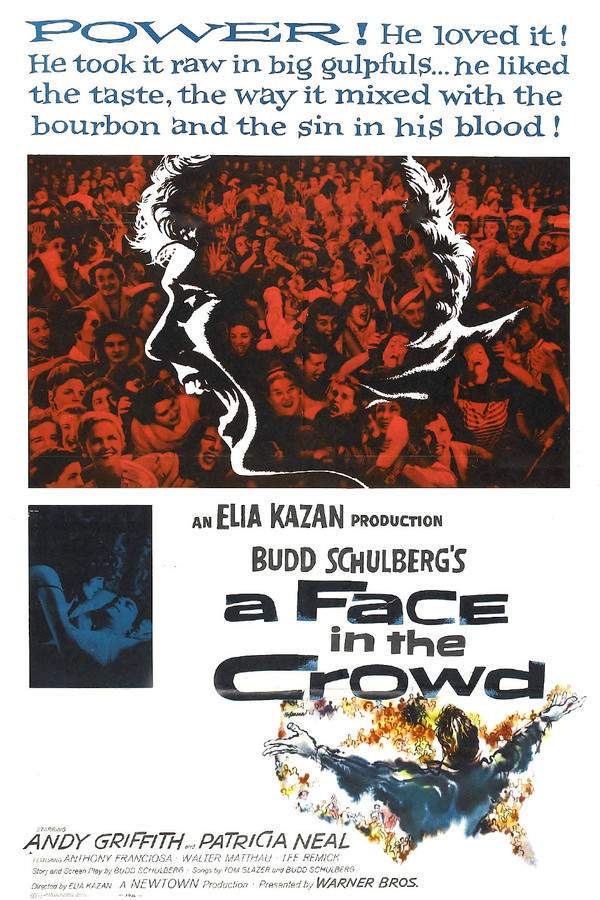
The Great Man
Year: 1956
Runtime: 92 mins
Language: English
While preparing a eulogy for beloved radio commentator Herb Fuller, reporter Joe Harris discovers that, although the public hails the ‘Great Man’, many secretly despise his ruthless ways. As he talks to colleagues and acquaintances, he finds no one can summon a positive comment about Fuller’s legacy.
Warning: spoilers below!
Haven’t seen The Great Man yet? This summary contains major spoilers. Bookmark the page, watch the movie, and come back for the full breakdown. If you're ready, scroll on and relive the story!
The Great Man (1956) – Full Plot Summary & Ending Explained
Read the complete plot breakdown of The Great Man (1956), including all key story events, major twists, and the ending explained in detail. Discover what really happened—and what it all means.
Joe Harris, José Ferrer, is a popular local radio news reporter who covers Broadway with a sharp, wry edge. The network’s brightest star, Herb Fuller, has built a larger-than-life persona, but behind the shine lies a complex mix of ego, routine, and secrets. When Fuller dies in an auto accident, Philip Carleton, the president of the Amalgamated Broadcasting Network, tasks Harris with producing a monumental memorial: a public viewing of Fuller’s coffin followed by a commemorative show that gathers the Fuller circle—the on-air family and the colleagues who knew him best. Carleton hints at a potential reward for success: Harris could become Fuller’s replacement.
Assisted by the network’s public relations man, Nick Cellentano, Harris notices odd, almost bored remarks at the public viewing from people who seem to attend more out of habit than reverence. The tangle of attitudes around Fuller’s death intrigues him, and he’s drawn deeper into the mystery as he meets Sid Moore, Fuller’s longtime producer. Moore offers his help while recognizing that Harris is now the favorite to inherit Fuller’s seat, and he remains keenly aware of how to shape the narrative to protect his own influence. Harris is not alone in this pursuit; with the support of his secretary Ginny, Joanne Gilbert, he begins to dig beneath the surface.
What Harris uncovers is a portrait of a man who wore a brilliant public mask while indulging in alcohol-driven excesses and a history of ethical compromises. Fuller’s darker side emerges: a pattern of exploitation and bold, reckless behavior that fueled his rise. Through interviews and careful scrutiny, Harris learns about Fuller’s relationship with Carol Larson, the alcoholic singer on his program, whose ties to the show reveal conflicts of interest that ripple through the broadcasts. The investigation widens further as Harris discovers Fuller’s connections with various song publishers whose works were regularly featured on Fuller’s program, suggesting a web of influence behind the studio’s glamorous veneer.
The story of Fuller’s ascent is echoed by Paul Beaseley, owner of a small Christian radio station in New England, who initially hired Fuller after being impressed by his inspirational poetry. Beaseley’s perspective adds a layer of moral complexity, especially as Harris learns more about Fuller’s personal contradictions and the way his star status conflicted with the very principles Beaseley valued. The investigation also brings into focus Fuller’s on-stage collaborator Eddie Brand, the bandleader played by Russ Morgan, who dutifully records a deliberately crafted, seemingly sincere sound bite about Fuller—an emblem of the manufactured warmth that defined Fuller’s image.
As Harris compiles the material into a script, Carleton privately warns him about Sid Moore’s duplicitous nature too. Carleton warns that Moore intends to spin Harris’s chances of becoming Fuller’s successor in a way that could force a hostile contract situation. The network’s strategy is clear: either Harris signs a release that keeps him in line, or the network will pivot away from him. The stakes are high, and Harris must decide how to balance loyalty to the truth with the pressure to protect his own career.
With the memorial broadcast looming, Harris faces a moral dilemma: should he echo the public’s fond memory of Fuller—the warm, entertaining figure people loved—or strip away the polished surface to reveal the phony beneath the image? He ultimately chooses honesty, discarding his prepared script to tell a more complete, unvarnished story about Fuller. As Carleton and Moore listen in, Moore realizes the value of Harris’s candor, tearing up the contract in a gesture that signals a shift in power. Yet Carleton refuses to stop the broadcast, recognizing that the public may come to see Harris as a man of principle and integrity, just as Harris’s honesty could be marketed with the same deftness once reserved for Fuller’s carefully crafted persona.
In the end, the program becomes less a tribute to a beloved radio personality and more a revealing examination of reality behind the glitter. Harris’s decision to foreground truth over gloss redefines his own career trajectory, while Carleton exposure to Harris’s courage demonstrates that the network can rebrand authenticity just as effectively as it built a legend around Fuller. The story closes on the idea that public memory is malleable, but it also recognizes the enduring value of conscience—how telling the truth, even when it unsettles an audience, can affirm a journalist’s true vocation.
Last Updated: October 07, 2025 at 10:00
Explore Movie Threads
Discover curated groups of movies connected by mood, themes, and story style. Browse collections built around emotion, atmosphere, and narrative focus to easily find films that match what you feel like watching right now.
Movies about public image vs. reality like The Great Man
Stories where a quest for truth exposes the ugliness behind a celebrated facade.If you liked The Great Man, you'll appreciate these movies where journalists or investigators uncover the dark truths behind beloved public figures. These films explore themes of media hypocrisy, moral compromise, and the sobering discovery that a celebrated legacy is often built on exploitation and deceit.
Narrative Summary
The narrative follows a protagonist—often a journalist, biographer, or colleague—who begins researching a respected individual. Through a series of interviews and discoveries, they peel back layers of public admiration to find a core of ruthlessness, addiction, or ethical bankruptcy, forcing a moral reckoning.
Why These Movies?
These films are grouped by their shared focus on the investigative process as a tool for disillusionment. They share a dark, cynical tone, a steady pacing that builds revelations methodically, and a central theme exploring the cost of ambition and the fragility of reputation.
Somber moral dilemma dramas like The Great Man
Character-driven dramas where ethical lines blur and integrity is tested.Fans of The Great Man will connect with these character-driven stories about moral compromise and ethical conflict. These movies feature protagonists grappling with difficult choices about ambition, integrity, and the price of success, often set against a dark and reflective tone.
Narrative Summary
The story is a linear but morally complex character study. The protagonist is thrust into a situation that forces them to confront the ethical failings of others or themselves. The journey is internal and reflective, leading to a conclusion that affirms personal integrity but often at a professional or personal cost, resulting in a bittersweet resolution.
Why These Movies?
These movies are united by their moderate complexity, medium emotional weight, and a steady pacing that allows for deep reflection on themes of workplace ethics, ambition, and moral conflict. They create a somber, reflective atmosphere where character decisions carry significant weight.
Unlock the Full Story of The Great Man
Don't stop at just watching — explore The Great Man in full detail. From the complete plot summary and scene-by-scene timeline to character breakdowns, thematic analysis, and a deep dive into the ending — every page helps you truly understand what The Great Man is all about. Plus, discover what's next after the movie.
The Great Man Timeline
Track the full timeline of The Great Man with every major event arranged chronologically. Perfect for decoding non-linear storytelling, flashbacks, or parallel narratives with a clear scene-by-scene breakdown.

Characters, Settings & Themes in The Great Man
Discover the characters, locations, and core themes that shape The Great Man. Get insights into symbolic elements, setting significance, and deeper narrative meaning — ideal for thematic analysis and movie breakdowns.

The Great Man Spoiler-Free Summary
Get a quick, spoiler-free overview of The Great Man that covers the main plot points and key details without revealing any major twists or spoilers. Perfect for those who want to know what to expect before diving in.

More About The Great Man
Visit What's After the Movie to explore more about The Great Man: box office results, cast and crew info, production details, post-credit scenes, and external links — all in one place for movie fans and researchers.

Similar Movies to The Great Man
Discover movies like The Great Man that share similar genres, themes, and storytelling elements. Whether you’re drawn to the atmosphere, character arcs, or plot structure, these curated recommendations will help you explore more films you’ll love.
Explore More About Movie The Great Man
The Great Man (1956) Scene-by-Scene Movie Timeline
The Great Man (1956) Movie Characters, Themes & Settings
The Great Man (1956) Spoiler-Free Summary & Key Flow
Movies Like The Great Man – Similar Titles You’ll Enjoy
A Face in the Crowd (1957) Story Summary & Characters
The Great American Broadcast (1941) Detailed Story Recap
The Great Profile (1940) Spoiler-Packed Plot Recap
The Power and the Glory (1933) Full Movie Breakdown
The Man Who Had Influence (1950) Film Overview & Timeline
Gentlemen of the Press (1929) Film Overview & Timeline
Great Guy (1936) Movie Recap & Themes
Man at the Top (1973) Full Movie Breakdown
A Man Called Adam (1966) Detailed Story Recap
The Great Man Votes (1939) Detailed Story Recap
The Great Lie (1941) Detailed Story Recap
The Great Mr. Nobody (1941) Plot Summary & Ending Explained
Man Of The People (1937) Spoiler-Packed Plot Recap
The Big Broadcast (1932) Complete Plot Breakdown
Man to Man (1930) Full Movie Breakdown


